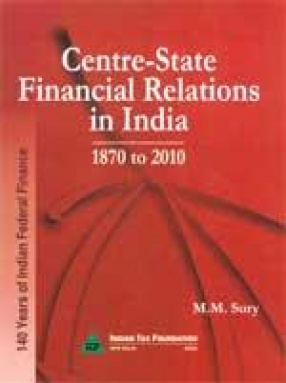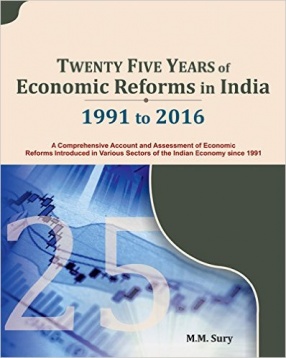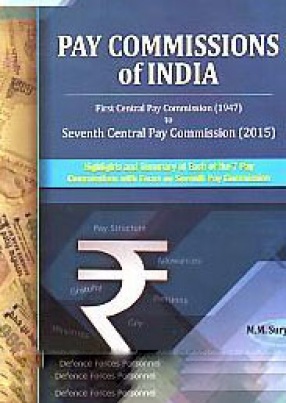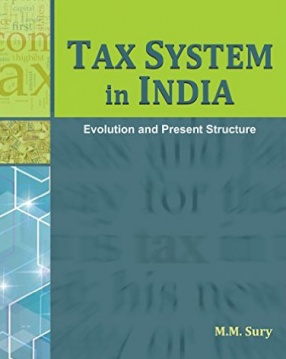India’s present fiscal structure is the result of a gradual evolution, along decentralised lines, dating back to December14, 1870 when the resolution of Lord Mayo, Viceroy of India, was issued. The Mayo resolution explained the scheme by which the government of India envisaged the enlargement of the powers and responsibilities of the Provinces. The process of decentralized of functions and finances in India will complete 140 years with the termination of the recommendations of the Twelfth Finance Commission in March 2010. This book traces the developments in the federal structures of India over this period. Fiscal federalism is a subject of tropical interest in India in view of some recent developments of historical importance. With the passage of the Constitution Act, 1992, a uniform structure of of panchayats has emerged throughout the country. Similarly, the passage of the constitutions Act 1992 was landmark in the history of municipal administration in India. As a result of these amendments, panchayats and municipalities are now constitutional bodies forming the third tier of the federal polity of India. Furthermore, the constitution Act,200, significantly changed the manner of distribution of central tax collections between the central and state governments. Prior to this amendment, income tax and union excise duties were the only taxes shared with the states. This amendment altered the pattern of sharing of central taxes between the center and states by providing for the sharing of the net proceeds of all union taxes and duties with the states. This work provides a detailed description and analysis of the evolution and the present nature of center-state financial relations in India. It explains the existing constitutional arrangements for intergovernmental financial transfers and the role of the Finances commission and the planning Commission in effecting these transfers. The book Consists of 27 chapters which explains different dimensions of fiscal federalism in India There are 8 appendices which provide supplementary informations related to center-state financial relations in India. Besides, it contains time-series data (1950-51 to 2007-08) on India’s public finances. It also includes a glossary of fiscal terms. This reference work is useful for teachers and students of economics, commerce, public administration, and management. It will also serve the needs of legislators, government functionaries and those in industry and trade.
Centre-State Financial Relations in India 1870 to 2010
In stock
Free & Quick Delivery Worldwide
reviews
Bibliographic information
Title
Centre-State Financial Relations in India 1870 to 2010
Author
Edition
1st ed.
Publisher
New Century Publications, 2008
ISBN
9788177081688
Length
634p.
Subjects








There are no reviews yet.